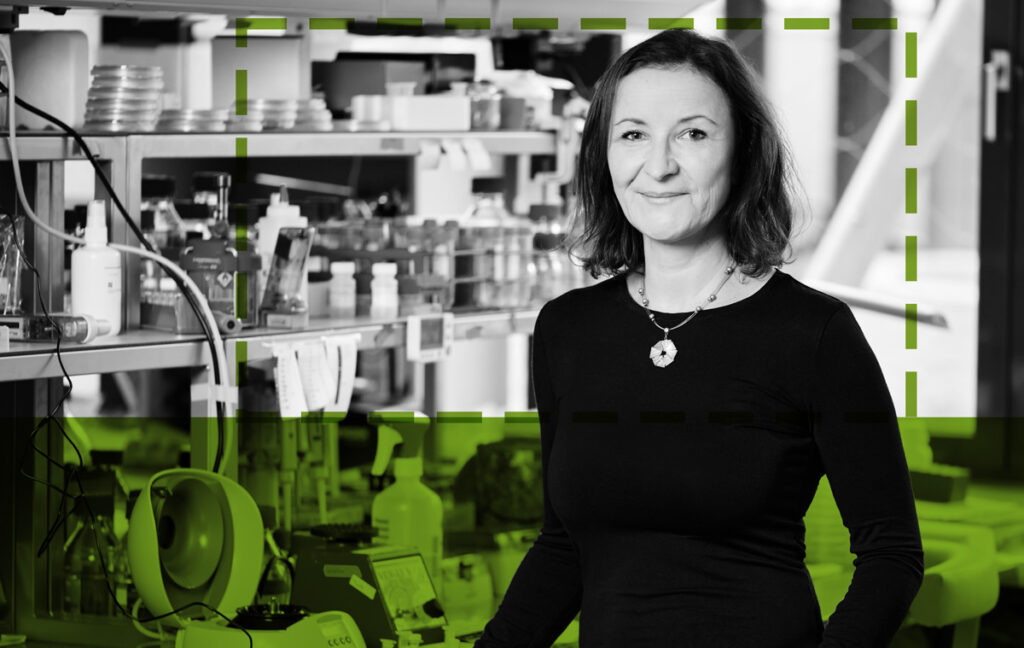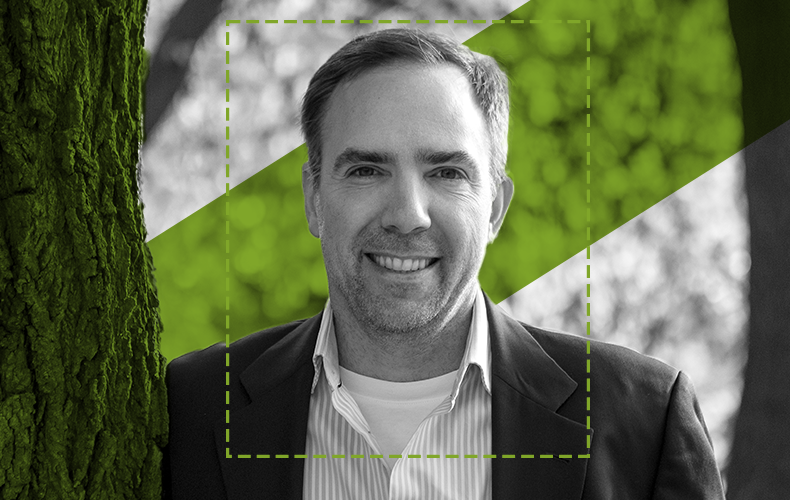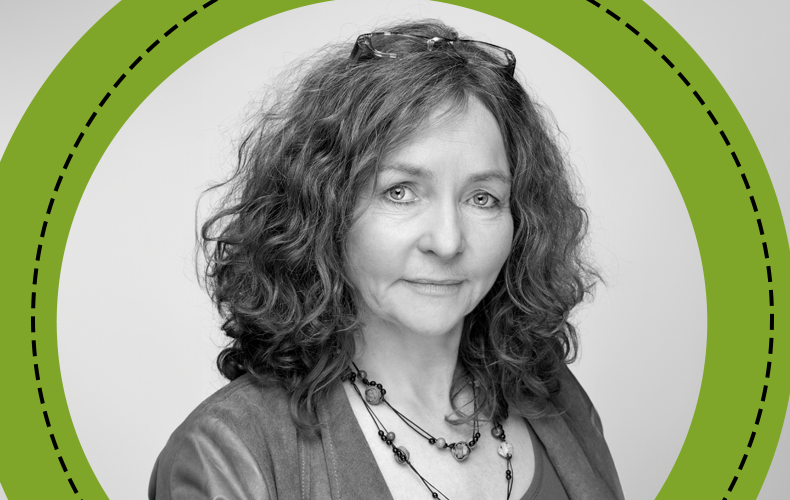27 May 2024 – Štěpánka Vaňáčová, group leader at the Central European Institute of Technology (CEITEC) at Masaryk University, Brno, Czechia, didn’t initially have a specific plan to have a career as a group leader. “I was really excited about working in the lab and studying the topics that I was interested in but was never thinking in terms of building a career,” she says. “I’ve always considered myself as working in basic research. To be honest, I’m driven by curiosity how things work!”
Vaňáčová has noticed a change in newer PhD candidates. “They now think in terms of the career development, rather than being excited about the topics and about the research itself,” she says. “If I accept them in the group, I explain to them this is the main driving force – this is the fun! The fun is in the concept!”
Elected an EMBO Member in 2019, she joined the Fellowship Committee in 2021. She sees her role as repaying the EMBO help to return to the Czech Republic to establish her own lab. Vaňáčová says: “The EMBO Installation Grant in 2008 was the key. Without the EMBO grant and the Wellcome Trust International Senior Fellowship, I’m certain I would not be where I am right now.”
“At the beginning, it was a cultural shock after the seven years being abroad, because still things were developing here. But retrospectively, I don’t have regrets,” she says. “The EMBO Fellowship established me as an independent researcher, which is still a rare thing.”
Vaňáčová is now a recognized leader in studying post-transcriptional RNA modifications but started her life in research in a different field. After a PhD at Charles University in parasitology, she moved to the University of California in Los Angeles for a postdoc position studying the human parasite Trichomonas vaginalis. “It’s quite an interesting organism – it doesn’t have mitochondria and it was really exciting to study it. But I was becoming more and more frustrated that we were limited in the tools available at that time to progress in the field,” says Vaňáčová.
Her attention turned to pioneering RNA research, and she switched fields to join Walter Keller’s lab in Basel. Explaining her reasoning, she says: “It’s about taking the next step to learn something new. This was a really significant step in my career. Since then, I always recommend to my students to, at some point of their career, make a significant change in the field, because I’ve learned to think about experiments and science from a completely different perspective.”
With recent European Union funding, she and fellow Czech researchers now aim to combine their basic research on the RNA processing, synthesis and translation, to search for new RNA-based tools or even new RNA therapies. Vaňáčová sees EMBO as critical in improving national level research systems by establishing networks and by helping provide examples of best practice in conducting research. She says: “The most important thing about EMBO is that it joins together such excellent scientists from different disciplines. Not just life sciences – nowadays it’s also computational people, chemists, biologists and others. And it makes this network and interconnection between the different fields, countries, nationalities.”



